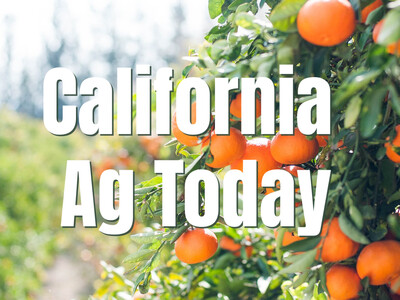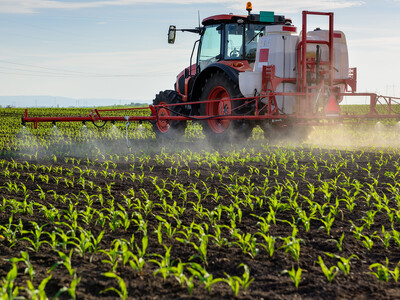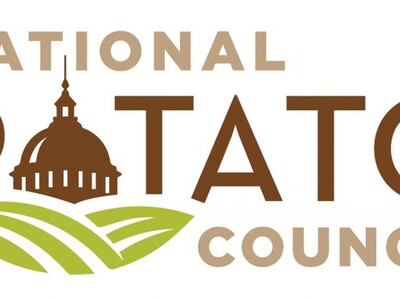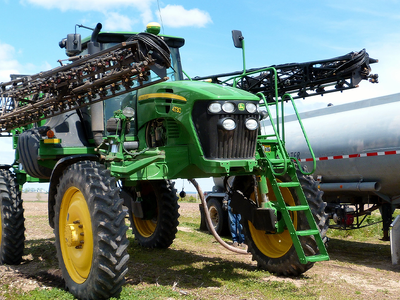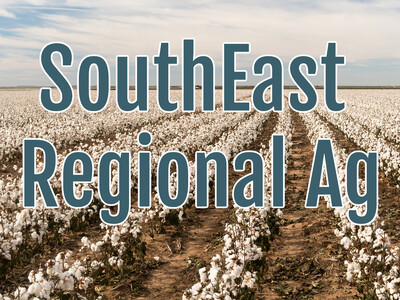Adapting To Lower Global Demand

Tim Hammerich
News Reporter
With trade relationships in flux, strong markets for many ag commodities can be difficult to come by. Navigating this shifting landscape isn’t always easy, but some producers are finding ways to adapt, says international economist Dr. Bill Ridley.
Ridley... " I'll draw from a, there's an article in the Chicago Tribune recently. They interviewed a soybean farmer here in Illinois. It's about 50 miles outside of Chicago. And I think his, one of his approaches was he saw the clouds on the horizon. He saw, okay, a trade war impending with China. We've seen this movie before. And he was, he was far enough out that he was able to adjust what he was gonna plant that year. Well, he anticipated, look, we're not gonna be selling any soybeans to China. I think I'm gonna plant other stuff. So I think the article said he was planting wheat, he was doing oats, that sort of stuff. That may or may not be viable at a large scale for a lot of people, but I think that's one thing that people can recognize is that some commodities are really gonna be hit hard by these ongoing trade shenanigans."
Adapting on the farm is just one part of the equation, but Ridley says that the responsibility doesn’t fall on farmers alone.
Ridley... "But I think industry groups could, I don't know if they will, but they could, they could take a stronger stand towards a lot of what we're seeing. I don't know how optimistic I'm that that'll happen, but you know, change happens on the ground, and I see one that's one way to affect change."
Once again, that’s global markets and trade policy expert, Bill Ridley.




